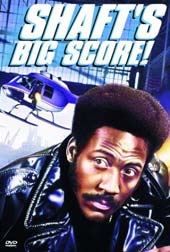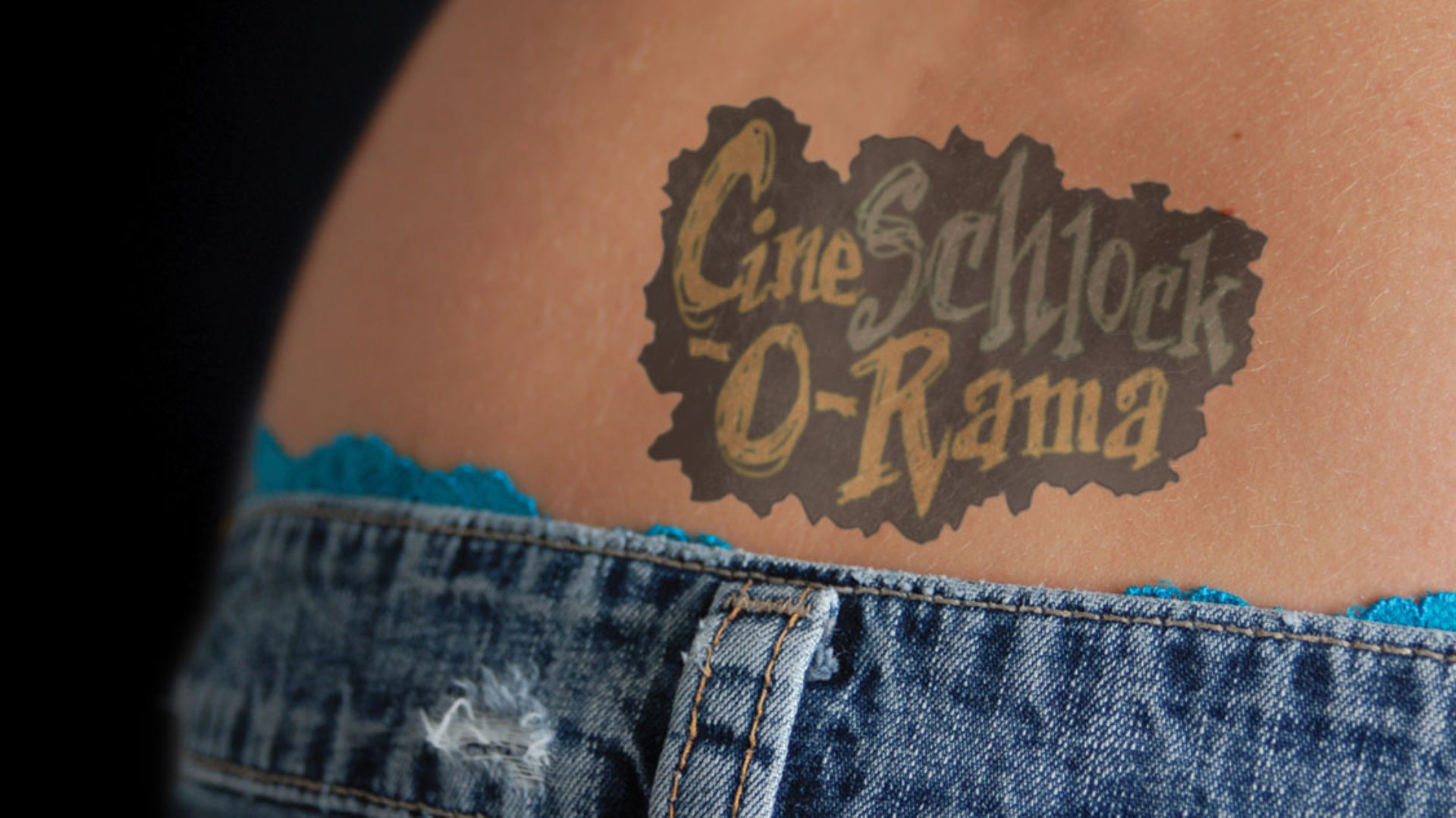 The first Shaft film is a remarkable achievement. While folks generally focus on its infectious, Oscar-winning theme song, the movie itself is a watershed event that goes beyond mere nostalgia. It was the first major picture to show a strong, black lead who didn’t bend to anyone’s will other than his own. He wasn’t a smiling shoe-shine boy. Not a ghetto thug. He was a true action hero who could be your best friend or your worst enemy. A misconception is that John Shaft was all about black rage. That’s only partially true. Yes, Shaft is quick to deliver a whuppin to those who show him disrespect. But it doesn’t matter what COLOR you are. You cross Shaft, or his friends, and it’s your ass. White, brown or pink. The film helped cement the "blaxploitation" genre, which basically rose from the thirst of inner-city audiences for movies made by and for blacks (though the term doesn’t mean black actors were exploited.) And Shaft DID save MGM’s financial neck. It was a box office smash that fanned a firestorm of black-themed pictures, and even Charlie Bronson got into the vigilante biz with Death Wish. The original Shaft was followed by two sequels, Shaft’s Big Score! (1972, 104 minutes), Shaft in Africa and a short-lived TV series. For now, let’s focus on Numero Two-o.
The first Shaft film is a remarkable achievement. While folks generally focus on its infectious, Oscar-winning theme song, the movie itself is a watershed event that goes beyond mere nostalgia. It was the first major picture to show a strong, black lead who didn’t bend to anyone’s will other than his own. He wasn’t a smiling shoe-shine boy. Not a ghetto thug. He was a true action hero who could be your best friend or your worst enemy. A misconception is that John Shaft was all about black rage. That’s only partially true. Yes, Shaft is quick to deliver a whuppin to those who show him disrespect. But it doesn’t matter what COLOR you are. You cross Shaft, or his friends, and it’s your ass. White, brown or pink. The film helped cement the "blaxploitation" genre, which basically rose from the thirst of inner-city audiences for movies made by and for blacks (though the term doesn’t mean black actors were exploited.) And Shaft DID save MGM’s financial neck. It was a box office smash that fanned a firestorm of black-themed pictures, and even Charlie Bronson got into the vigilante biz with Death Wish. The original Shaft was followed by two sequels, Shaft’s Big Score! (1972, 104 minutes), Shaft in Africa and a short-lived TV series. For now, let’s focus on Numero Two-o.
The movie: When we last found John Shaft (Richard Roundtree), he’d saved Bumpy Jonas’ daughter from Italian mobsters amid a hail of bullets. This time out, Shaft is roused from his bed by a friend in trouble, only when John goes to meet him, he finds the man blown to bits. The guy’d promised a ton of dough to the kids of Harlem, so Shaft takes it upon himself to comfort the widow, and track down the cash and the killers. The great Moses Gunn returns as Bumpy, the local crime boss, who doesn’t seem all that grateful to Shaft, but helps him in his search just the same. Moses is outstanding in the film, his character doesn’t even drop his cigar when his office is machine gunned, he just barks, "That damn Italian is serious!" He’s referring to Mascola (Joseph Mascolo) the clarinet-playing mob thug who is also after the Harlem kids’ money. There’s way too much plot getting in the way of the story, but it’s still a strong sequel. Director Gordon Parks returned. As well as screenwriter Ernest Tidyman. Isaac Hayes did another, less memorable theme, while Parks rounded out the rest of the soundtrack himself. Look for "Rockford Files" Lt. Alex Diehl (Tom Atkins) as Mascola’s henchman who favors the DIRECT approach. CineSchlockers will remember Atkins from a wide range of classics, including The Fog and the zombie comedy, Night of the Creeps. Also keep an eye on Bumby’s bald-headed sidekick, Willy (Drew Bundini Brown), who is always good for a laugh and has hated Shaft’s guts since the first movie. The scene where Willy just watches Shaft beat up Mascola takes on new meaning, when you realize Brown helped train Muhammad Ali, and the story goes, he even wrote "float like a butterfly, sting like a bee" for the legendary champ.
Notables: Six breasts. 12 corpses. Bitch slapping. Go-go dancing. Bottle to the head. Gratuitous slow-mo fight sequence. Helicopter attack. Grave robbing. Exploding boat. Exploding insurance office. Charmin rolls.
Quotables: How Shaft explains why he’s stripping, "Hey, baby, it’s hot in here." Shaft puts Willy in his place, "You might want to see a plastic surgeon about your condition … Your mouth is too close to your asshole."
Time codes: Shaft diddles the bad guy’s woman (38:00). Director Gordon Parks mans the craps table (58:28).
Final thought: The original is a classic — this sequel carries the torch forward. Roundtree’s Shaft is more violent and driven here, while the plot’s too murky. But the final action sequence is worth the wait.

